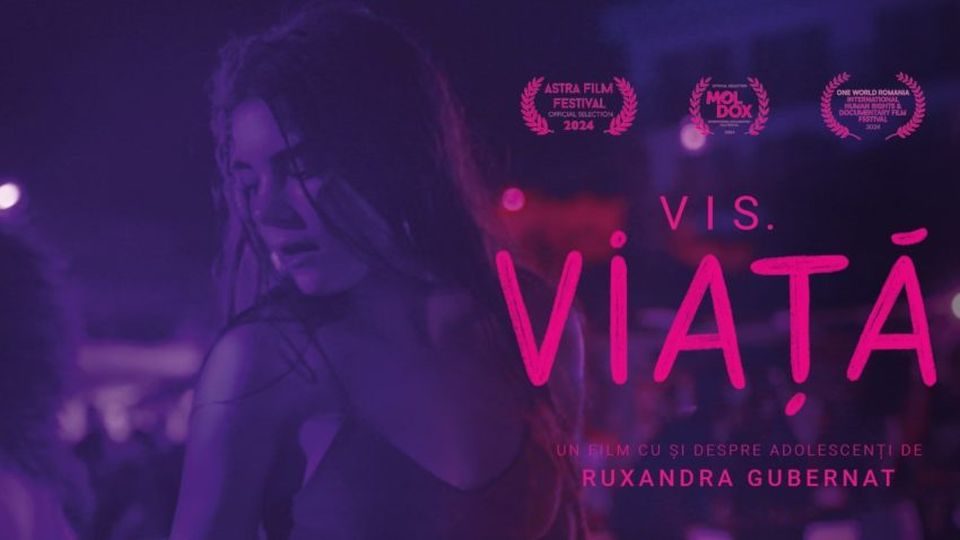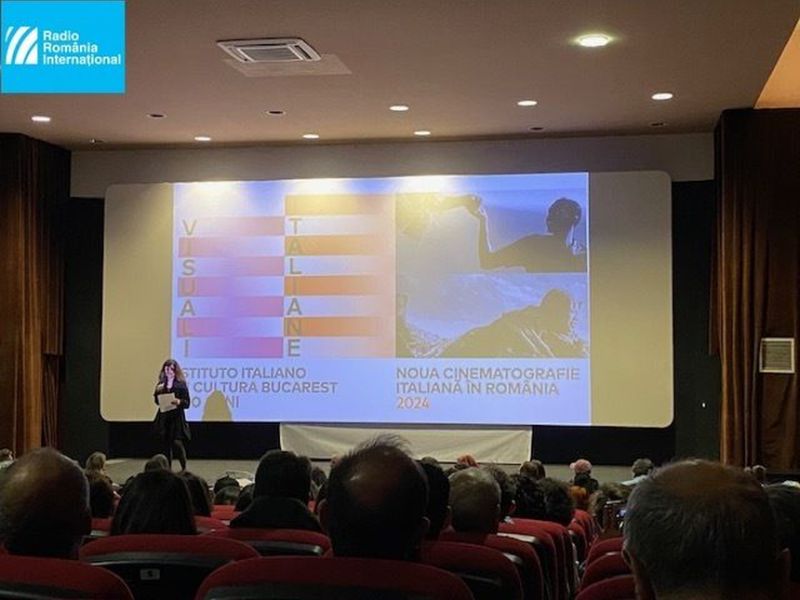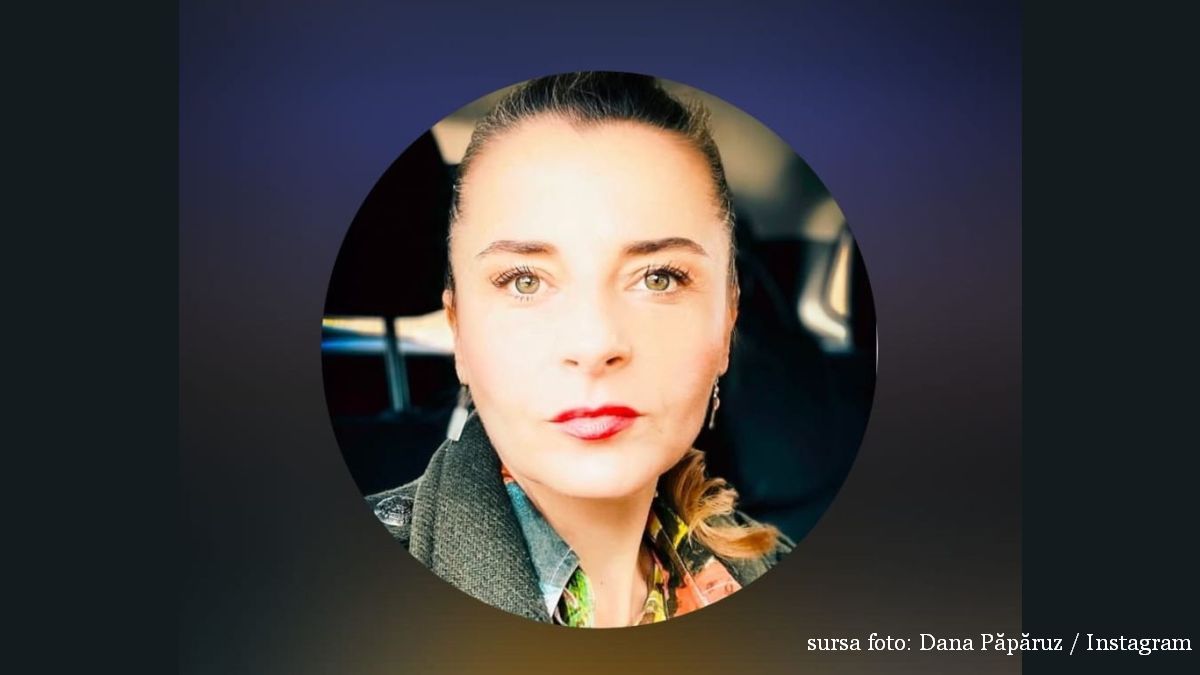“Dream. Life / Imaginary Youth”, a documentary by Ruxandra Gubernat
Directed by Ruxandra Gubernat, “Dream. Life / Imaginary Youth”, is the first Romanian observational documentary that aims to present the realities, aspirations and challenges of young people from Generation Z.

Corina Sabău, 18.01.2025, 14:00
Directed by Ruxandra Gubernat, “Dream. Life / Imaginary Youth”, is the first Romanian observational documentary that aims to present the realities, aspirations and challenges of young people from Generation Z.
Having worked on impactful social and cinema projects, director Ruxandra Gubernat manages to capture, with empathy, the way young people relate to the world around them and face challenges, as well as how they build their identity in an ever-changing society. Shooting the production took four years and captured the lives of the main characters, who went through a difficult period of transition, including the two years of the pandemic in which classes were held online and people were forced to isolate themselves.
Ruxandra Gubernat told us how her interest in Generation Z was born and how she documented the subject: “My journey unfolded between Romania and France, where I lived for 7 years. Between 2008 and 2015 I went to study in France, but after that I returned. And then I realized that I was left with a lot of questions related to this option of leaving Romania. Obviously, I knew that there are a lot of people who leave Romania for various reasons. The reasons could be economic, as it happened with people who chose to leave at the end of the 90s, the beginning of the 2000s. Others chose to leave after joining the EU, because it had become much easier to emigrate and study in another country, as was my case. Finally, for many there was also the need for knowledge, one of the reasons that I discovered in generation Z. That’s how I started asking myself more about this generation and its options, to wonder if most of them would choose to leave or stay in Romania. I read many studies at the time, which showed that a lot of young people, approximately 80%, were considering leaving, and over 25% were actually leaving Romania. That’s how I started my research, talking to young people. I went to Timișoara, Cluj, Bacău, Brașov, Ploiești, Bucharest, Târgu Jiu and I got in touch with very different teenagers and a lot of them said they wanted to leave the country. In this context, I started filming.”
While making plans to leave Romania after finishing high school, Una – an actress, Habet – a trapper and Ștefania – an environmental activist, find themselves caught between dramas and dilemmas related to the future. Ruxandra Gubernat’s documentary follows them in their relationship with their family, school, and society.
The director tells us more about how she chose the three teenagers after doing extensive documentation: “As I was saying, I went to many places in the country to find out as much as possible about what it means to be a teenager. Some of those initially selected gave up because they didn’t feel they could carry out a long-term process. I had to give up on others. But with Habet, Una and Ștefania, a special relationship was built and we managed to carry out a process that meant a lot to them, I met them when they were 16 and we finished filming after they turned 20, meaning we went through their entire adolescence together. And I felt that the three of them are good on camera, both individually and together. I mean, they are a very suitable combination to illustrate what it means to respond to social pressure, interest in the environment and what is happening around, in general. Because they are all three very active and very different people at the same time. Ștefania, for example, was leading the Fridays for Future protests in Romania when the movement had become global and that seemed to me to be a very important area. Habet was doing social theater in Ferentari, and Una, together with her theater-loving colleagues, was staging a play about leaving Romania. Through their concerns, they touched on both local and general themes and challenges. They talked about immigration, about class, about all the problems we go through as a society, but also about their problems. More than that, the relationship I managed to establish with each of them was very important and the fact that we managed to be honest with each other was very important. That’s how we got closer and accepted each other. Because in the end, this film was a 4-year process and you have to be honest with your expectations and those of others. Without that, it is not possible and would not have been an authentic story.”
“Dream. Life / Imaginary Youth”, was included in the official selection of the One World Romania International Documentary Film and Human Rights Festival, the Astra Film International Documentary Film Festival and the Moldox International Documentary Film Festival for Social Change. Ruxandra Gubernat also co-directed “Portavoce/Megaphone“ (2018), a medium-length documentary that traces the evolution of a culture of protest in Romania, developing in recent years, through the voices and opinions of key actors involved.





























